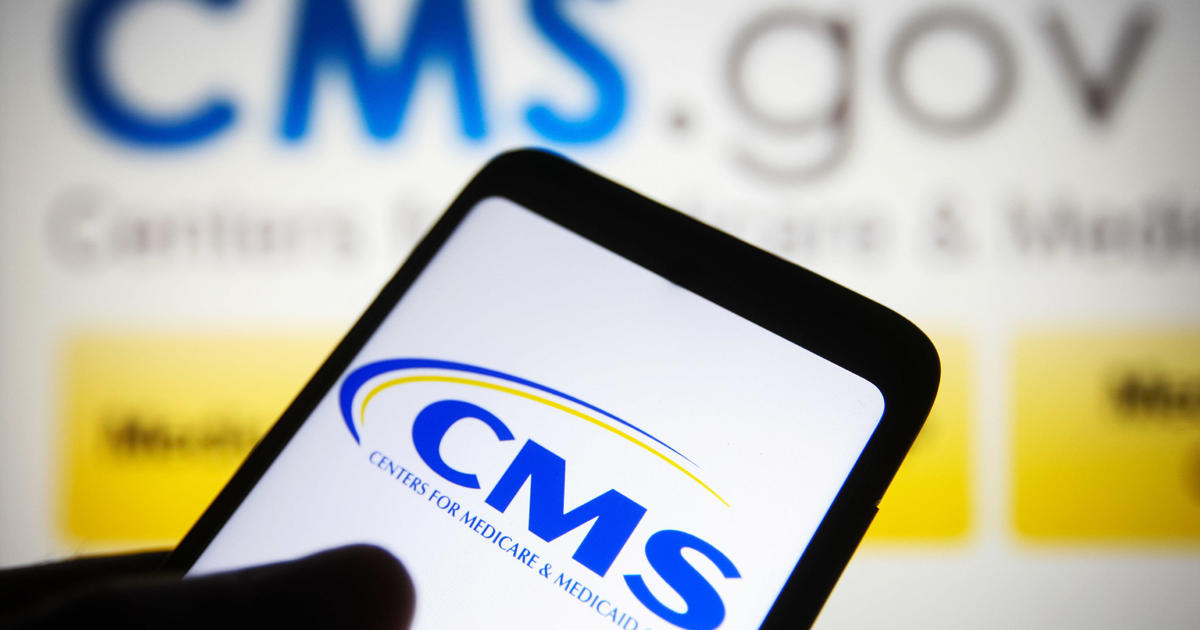A decade ago, federal officials drafted a plan to discourage Medicare Advantage health insurers from overcharging the government by billions of dollars — only to abruptly back off amid an “uproar” from the industry, newly released court filings show.
The Centers for Medicare & Medicaid Services published the draft regulation in January 2014. The rule would have required health plans, when examining patient’s medical records, to identify overpayments by CMS and refund them to the government.
But in May 2014, CMS dropped the idea without any public explanation. Newly released court depositions show that agency officials repeatedly cited concern about pressure from the industry.
The 2014 decision by CMS, and events related to it, are at the center of a multibillion-dollar Justice Department civil fraud case against UnitedHealth Group pending in federal court in Los Angeles.
The Justice Department alleges the giant health insurer cheated Medicare out of more than $2 billion by reviewing patients’ records to find additional diagnoses, adding revenue while ignoring overcharges that might reduce bills. The company “buried its head in the sand and did nothing but keep the money,” DOJ said in a court filing.
Medicare pays health plans higher rates for sicker patients but requires that the plans bill only for conditions that are properly documented in a patient’s medical records.
In a court filing, UnitedHealth Group denies wrongdoing and argues it shouldn’t be penalized for “failing to follow a rule that CMS considered a decade ago but declined to adopt.”
This month, the parties in the court case made public thousands of pages of depositions and other records that offer a rare glimpse inside the Medicare agency’s long-running struggle to keep the private health plans from taking taxpayers for a multibillion-dollar ride.
“It’s easy to dump on Medicare Advantage plans, but CMS made a complete boondoggle out of this,” said Richard Lieberman, a Colorado health data analytics expert.
Spokespeople for the Justice Department and CMS declined to comment for this article. In an email, UnitedHealth Group spokesperson Heather Soule said the company’s “business practices have always been transparent, lawful and compliant with CMS regulations.”
Medicare Advantage insurance plans have grown explosively in recent years and now enroll about 33 million members, more than half of people eligible for Medicare. Along the way, the industry has been the target of dozens of whistleblower lawsuits, government audits, and other investigations alleging the health plans often exaggerate how sick patients are to rake in undeserved Medicare payments — including by doing what are called chart reviews, intended to find allegedly missed diagnosis codes.
By 2013, CMS officials knew some Medicare health plans were hiring medical coding and analytics consultants to aggressively mine patient files — but they doubted the agency’s authority to demand that health plans also look for and delete unsupported diagnoses.
The proposed January 2014 regulation mandated that chart reviews “cannot be designed only to identify diagnoses that would trigger additional payments” to health plans.
CMS officials backed down in May 2014 because of “stakeholder concern and pushback,” Cheri Rice, then director of the CMS Medicare plan payment group, testified in a 2022 deposition made public this month. A second CMS official, Anne Hornsby, described the industry’s reaction as an “uproar.”
Exactly who made the call to withdraw the chart review proposal isn’t clear from court filings so far.
“The direction that we received was that the rule, the final rule, needed to include only those provisions that had wide, you know, widespread stakeholder support,” Rice testified.
“So we did not move forward then,” she said. “Not because we didn’t think it was the right thing to do or the right policy, but because it had mixed reactions from stakeholders.”
The CMS press office declined to make Rice available for an interview. Hornsby, who has since left the agency, declined to comment.
But Erin Fuse Brown, a professor at the Brown University School of Public Health, said the decision reflects a pattern of timid CMS oversight of the popular health plans for seniors.
“CMS saving money for taxpayers isn’t enough of a reason to face the wrath of very powerful health plans,” Fuse Brown said.
“That is extremely alarming.”
The fraud case against UnitedHealth Group, which runs the nation’s largest Medicare Advantage plan, was filed in 2011 by a former company employee. The DOJ took over the whistleblower suit in 2017.
DOJ alleges Medicare paid the insurer more than $7.2 billion from 2009 through 2016 solely based on chart reviews; the company would have received $2.1 billion less if it had deleted unsupported billing codes, the government says.
The government argues that UnitedHealth Group knew that many conditions it had billed for were not supported by medical records but chose to pocket the overpayments. For instance, the insurer billed Medicare nearly $28,000 in 2011 to treat a patient for cancer, congestive heart failure, and other serious health problems that weren’t recorded in the person’s medical record, DOJ alleged in a 2017 filing.
In all, DOJ contends that UnitedHealth Group should have deleted more than 2 million invalid codes.
Instead, company executives signed annual statements attesting that the billing data submitted to CMS was “accurate, complete, and truthful.” Those actions violated the False Claims Act, a federal law that makes it illegal to submit bogus bills to the government, DOJ alleges.
The complex case has featured years of legal jockeying, even pitting the recollections of key CMS staff members — including several who have since departed government for jobs in the industry — against those of UnitedHealthcare executives.
Court filings describe a 45-minute video conference arranged by then-CMS administrator Marilyn Tavenner on April 29, 2014. Tavenner testified she set up the meeting between UnitedHealth and CMS staff at the request of Larry Renfro, a senior UnitedHealth Group executive, to discuss implications of the draft rule. Neither Tavenner nor Renfro attended.
Two UnitedHealth Group executives on the call said in depositions that CMS staffers told them the company had no obligation at the time to uncover erroneous codes. One of the executives, Steve Nelson, called it a “very clear answer” to the question. Nelson has since left the company.
For their part, four of the five CMS staffers on the call said in depositions that they didn’t remember what was said. Unlike the company’s team, none of the government officials took detailed notes.
“All I can tell you is I remember feeling very uncomfortable in the meeting,” Rice said in her 2022 deposition.
Yet Rice and one other CMS staffer said they did recall reminding the executives that even without the chart review rule, the company was obligated to make a good-faith effort to bill only for verified codes — or face possible penalties under the False Claims Act. And CMS officials reinforced that view in follow-up emails, according to court filings.
DOJ called the flap over the ill-fated regulation a “red herring” in a court filing and alleges that when UnitedHealth asked for the April 2014 meeting, it knew its chart reviews had been under investigation for two years. In addition, the company was “grappling with a projected $500 million budget deficit,” according to DOJ.
Medicare Advantage plans defend chart reviews against criticism that they do little but artificially inflate the government’s costs.
“Chart reviews are one of many tools Medicare Advantage plans use to support patients, identify chronic conditions, and prevent those conditions from becoming more serious,” said Chris Bond, a spokesperson for AHIP, a health insurance trade group.
Whistleblowers have argued that the cottage industry of analytics firms and coders that sprang up to conduct these reviews pitched their services as a huge moneymaking exercise for health plans — and little else.
“It was never legitimate,” said William Hanagami, a California attorney who represented whistleblower James Swoben in a 2009 case that alleged chart reviews improperly inflated Medicare payments. In a 2016 decision, the 9th Circuit Court of Appeals wrote that health plans must exercise “due diligence” to ensure they submit accurate data.
Since then, other insurers have settled DOJ allegations that they billed Medicare for unconfirmed diagnoses stemming from chart reviews. In July 2023, Martin’s Point Health Plan, a Portland, Maine, insurer, paid $22,485,000 to settle whistleblower allegations that it improperly billed for conditions ranging from diabetes with complications to morbid obesity. The plan denied any liability.
A December 2019 report by the Health and Human Services Inspector General found that 99% of chart reviews added new medical diagnoses at a cost to Medicare of an estimated $6.7 billion for 2017 alone.
KFF Health News is a national newsroom that produces in-depth journalism about health issues and is one of the core operating programs at KFF—an independent source of health policy research, polling, and journalism. Learn more about KFF.
Subscribe to KFF Health News’ free Morning Briefing.




